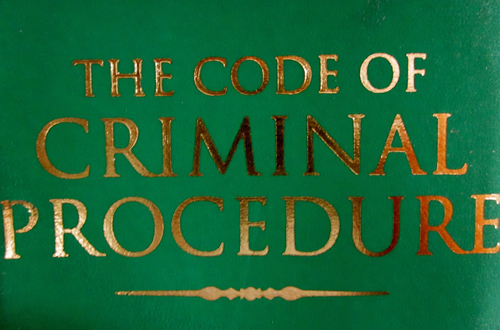Difference between ‘Inquiry’ and ‘Trial’ under the Code of Criminal Procedure, 1973 are as follows:
An inquiry is to be distinguished from a trial. In Stroud’s Judicial Dictionary, trial is defined as “the conclusion, by a competent tribunal, of questions in issue in legal proceedings, whether civil or criminal”.
In the earlier Code, the term trial was defined as “the proceedings taken in court after a charge has been drawn up, and includes the punishment of the offender”. In short, the term relates to proceedings before a Court, relating to an offence, being proceedings in which the Court is empowered to convict or acquit.
ADVERTISEMENTS:
Thus, an inquiry is quite different from a trial. In fact, an inquiry stops where the trial begins. The following are the four points of difference between the two:
(i) Trial is a judicial proceeding which ends in a conviction or in an acquittal. Inquiries are of different types, and have different endings, depending on the circumstances.
(ii) Trial pre-supposes the existence of an offence. Inquiry on the other hand, relates to matters which may or may not be offences.
ADVERTISEMENTS:
(iii) The term inquiry covers the proceedings upto the stage when they can result in a discharge, whereas the term trial represents proceedings from the point at which they must result in a conviction or acquittal.
(iv) In its wider sense, the term inquiry includes every kind of inquiry other than a trial. Trial, on the other hand, means the trial of a controversy arising from an issue; it also covers the trial of an election petition or a complaint from beginning to end.
